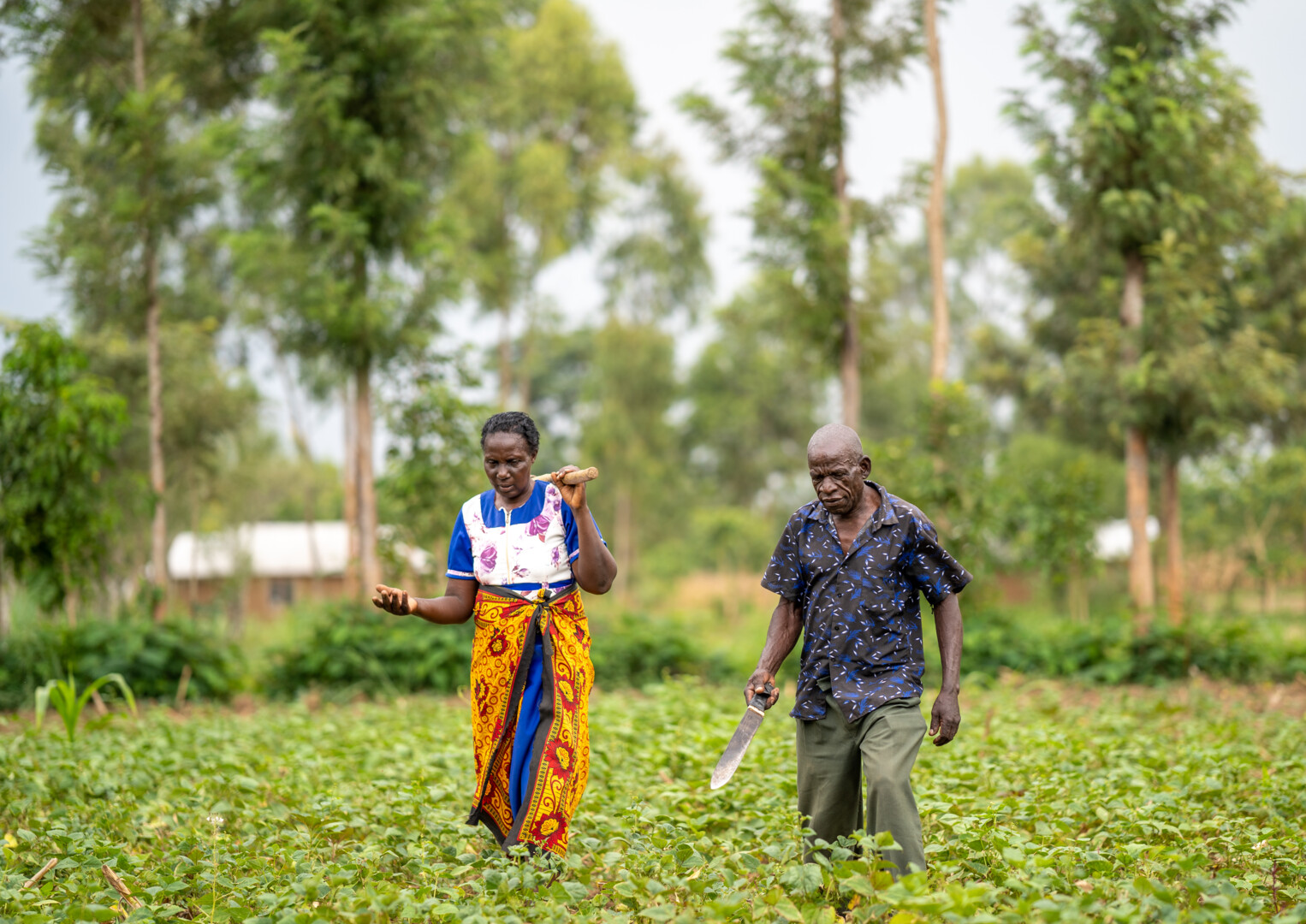Vi Agroforestry supporting Sida & Embassies in sub-Saharan Africa with expertise in carbon markets and AFOLU projects.

Our carbon expert desk - Vi Agroforestry supporting Sida and Embassies

OUR EXPERIENCE AND APPROACH IS WORTH SHARING
Supported by Sida, Vi Agroforestry operates an expert desk where we provide support, knowledge and experience regarding holistic, inclusive, and sustainable agricultural, forestry and other land use (AFOLU) carbon projects.
